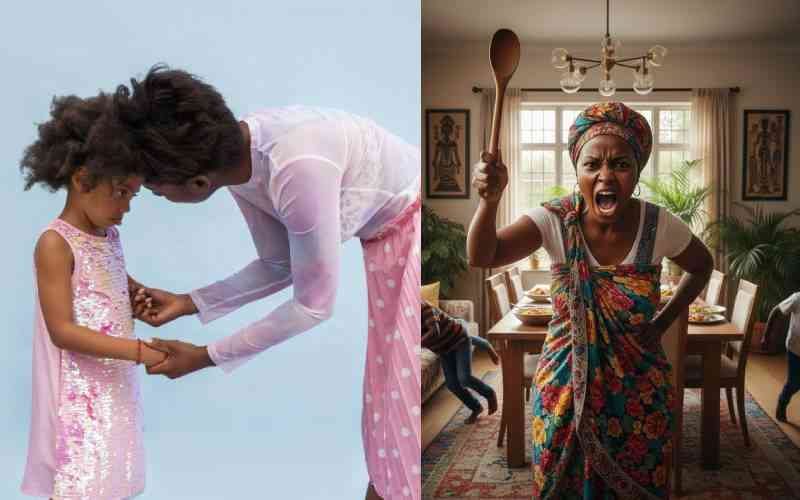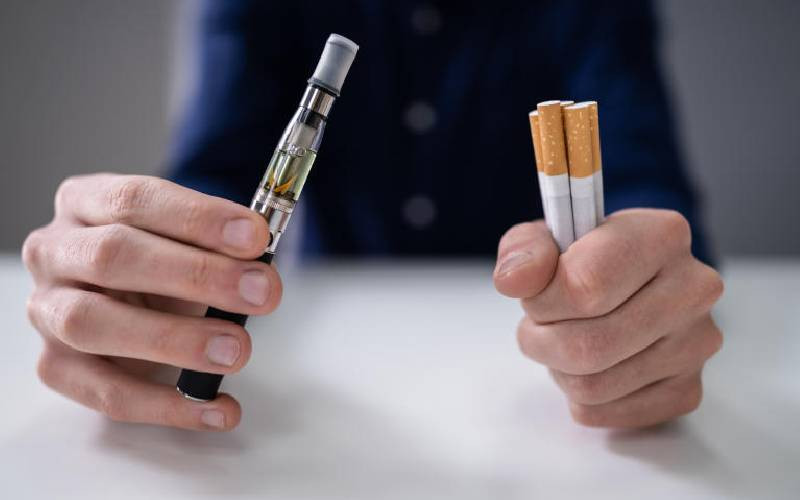
Mobese Kashama was the picture of good health, a sprightly teen who loved going for church camps. At 15, she had just come from one that had lasted for a week with a cough that did not bother her much at first but would not go away despite the over-the-counter drugs she tried. Little did she know that that cough was the beginning of the end.
“We took action when she drastically lost weight, over 20kgs. It was so alarming,” says her mother, Maryanne Njambi. “That is when she went for a sputum test and some X-rays. They diagnosed her with tuberculosis (TB) of the lungs.”
She was put on TB drugs, which she took for six months, but the doctors said that she had relapsed and appeared to be resistant to the drugs so she was put on them for another six months. That turned out to be a big mistake.
Facts First
Unlock bold, fearless reporting, exclusive stories, investigations, and in-depth analysis with The Standard INSiDER subscription.
Already have an account? Login
 The Standard Group Plc is a multi-media organization with investments in media
platforms spanning newspaper print
operations, television, radio broadcasting, digital and online services. The
Standard Group is recognized as a
leading multi-media house in Kenya with a key influence in matters of national
and international interest.
The Standard Group Plc is a multi-media organization with investments in media
platforms spanning newspaper print
operations, television, radio broadcasting, digital and online services. The
Standard Group is recognized as a
leading multi-media house in Kenya with a key influence in matters of national
and international interest.










